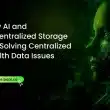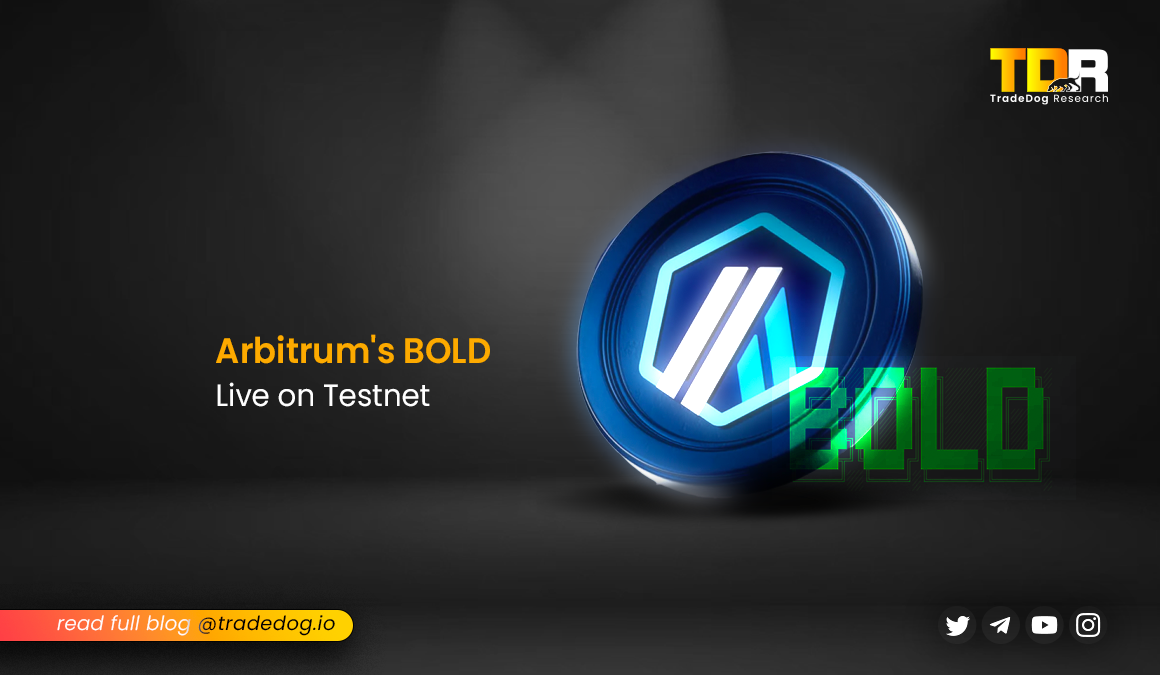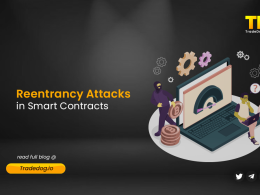Quick Links
Arbitrum, a leading Ethereum Layer 2 scaling solution, has taken a significant step toward a more decentralized future with the launch of its Bounded Liquidity Delay (BOLD) protocol on a public testnet. BOLD represents a next-generation dispute resolution mechanism that leverages interactive fraud proofs, fundamentally transforming how Arbitrum secures its network.
BOLD stands for Bounded Liquidity Delay. It’s a dispute resolution protocol designed to enable permissionless validation on Arbitrum chains. In simpler terms, BOLD allows anyone to participate in securing the network by validating transactions and withdrawals. This replaces the current system where a select group of permissioned validators perform these tasks.
Why is BOLD Important?
The current dispute resolution on Arbitrum relies on fraud proofs submitted by validators. However, this system is susceptible to “delay attacks.” In such an attack, malicious actors might attempt to delay the confirmation of valid withdrawals intentionally for a reasonable amount of time. Due to these reasons, currently Arbitrum has selected & permissioned validators who are responsible for challenging fraud proofs to avoid such attacks from malicious actors. Such attacks can also lead to a resource exhaustion attack by exhausting the resources of the honest parties (the staking, gas, and computation resources) so they can no longer afford to participate in the protocol.
BOLD addresses delay attacks by introducing two mechanisms – applying a fixed upper time limit of 7 days for resolving disputes. If the challenger fails to respond timely, then automatically they confirm the honest party’s claims. Secondly it allows for challenges between the honest party and any number of malicious adversaries to happen in parallel.
BOLD has also introduced permissionless validation allowing anyone to become a validator and contribute to secure the network. This means anyone who agrees with a state can defend it, until a single point of disagreement is found. This ensures timely confirmations and mitigates the effectiveness of delay attacks.
Simplified Steps on How BOLD Works
- Assertion Creation: Validators propose a new state of the blockchain by claiming a series of transactions result in a specific state. They bond their funds to this claim.
- Challenge Period: There is a set time during which anyone can dispute the proposed state by submitting a challenge and bonding their own funds.
- Opening a Challenge: If a validator disagrees with the proposed state, they open a challenge by asserting an alternative state. This leads to two competing states.
- Dispute Resolution: The dispute is resolved through an interactive process where validators bisect their respective state histories to pinpoint the exact disagreement. This involves breaking down the dispute to a single block, then to a set of instructions, and finally to one specific computation step.
- One-Step Proof: Validators submit proofs for the single disputed step to a smart contract on Ethereum. The contract verifies the proof and determines the correct state.
- Confirmation: The correct state is confirmed, and the validator who proposed it can withdraw their bond. The bond of the dishonest validator is forfeited.
- Time-Limited Challenges: Each stage of the dispute has a fixed time limit. If a party fails to respond in time, the other party’s claim is automatically accepted.
- Economic Incentives and Spam Protection: Bonds are set high enough to discourage malicious behavior. Any honest party can participate, and no special permissions are needed.
- Reimbursements and Penalties: The Arbitrum DAO decides how to handle funds from malicious actors, including reimbursing honest parties for their costs. One last point is that all the steps described can happen simultaneously, which helps ensure that disputes are settled within a predetermined time frame.
Key Features of BOLD for Arbitrum
The implementation of BOLD offers a multitude of benefits for Arbitrum:
- Permissionless Validation: Anyone can participate in securing the network and validating transactions, fostering a more decentralized ecosystem.
- Enhanced Security: The fixed time limit for dispute resolution and the “single vs. many” dynamic significantly reduce the impact of delay attacks.
- Pooled Challenge Funding: Even individuals with limited resources can contribute to network security by participating in pooled challenge funding mechanisms.
- Strong Mathematical Foundations: Formal safety proofs and ongoing audits ensure the protocol’s robustness.
BOLD on Testnet
The launch of BOLD on a public testnet serves a critical purpose. It allows the Arbitrum team to gather valuable feedback from the community. This feedback is essential for identifying and addressing any potential issues before deploying BOLD to the mainnet. The testnet phase will also play a key role in refining the tools validators will use and fostering active community participation around the protocol. By running BOLD through its paces on the testnet, the team ensures a smoother transition to the mainnet and a more robust protocol for securing the Arbitrum network.
Road Ahead for BOLD
BOLD is currently undergoing rigorous testing on the public testnet. This phase is crucial for gathering feedback from the wider community, strengthening the protocol’s design through identified issues, and ensuring a smooth transition to the mainnet. The testnet also serves as a valuable platform for refining validator tools and fostering active community involvement around BOLD. By successfully navigating the testnet phase, the Arbitrum team positions BOLD for a robust and secure future.









